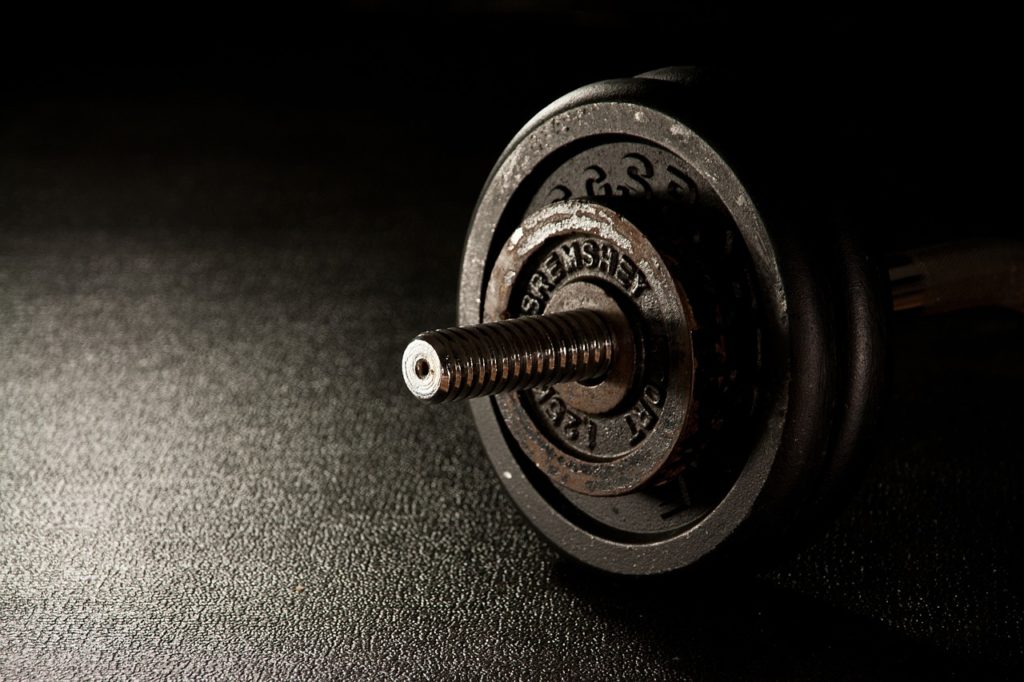During the summer, students are home from school and families start thinking more about vacation. For many, summer is the most exciting time of the year. However, this excitement can easily lead to overspending as individuals try to pack as much as possible into the warm, sunny days. Maintaining a budget is often more difficult in the summer than it is in the winter, but there are some important strategies for cutting costs as the weather warms up. The following tips can help individuals to keep their finances in check and perhaps even have extra money left over at the end of the month for fun adventures or—better yet—savings for the future.
-
Be creative with summer camps.
Parents who work full time often try to figure out creative ways to keep their children occupied without spending a fortune. While some summer camps come with a hefty price tag, you don’t have to look far to find affordable options. Many cities and municipalities tend to offer their own summer camps through community centers and recreation departments. The local YMCA is another great way to start looking for affordable options. Churches, museums, aquariums, zoos, and other institutions often also have interesting summer camps, many of which are backed by grants and other types of financial assistance to lessen the burden on parents.
-
Carpool as much as possible.
Gas prices often rise during the summer because demand is higher as families start to plan road trips. Carpooling is a great way to save money if the price of gas starts to increase. Even if gas prices stay fairly low, carpooling can still save you a lot of money. Whether it is carpooling to the beach or just to work, finding people to share a ride can significantly reduce costs. Resources like eRideShare can even help you to organize carpools to the airport or shopping trips. Children can also carpool to sporting events and practices. People who live in cities can save money by using rideshare options, which is often even cheaper than using public transportation.

-
Grow food at home.
Food is generally one of the largest expenses for any household, but during the summer individuals can save by growing their own vegetables. While creating a garden with tomatoes, cucumbers, peppers, and more involves a bit of investment up front, when these plants start producing at their peak, families will likely have to give away the vegetables to keep them from going bad before they are used. The Wall Street Journal estimates that every dollar spent on seeds results in $75 worth of produce in a season. Families may want to coordinate with their neighbors to grow a variety of food and trade them. Another option is canning the vegetables and saving them for the winter.
-
Rely less on air conditioning.
Energy Star estimates that half of the energy used in the home goes toward heating and cooling. Not long ago, most homes did not have air conditioning, even in the hotter parts of the country. Keeping your windows open and fans turned on can save you a great deal of money. People who consider air conditioning a necessity can save a lot of money simply by turning it up a couple of degrees. While individuals will not likely notice such a small change in their home, they certainly will when the electricity bill comes. Estimates show that a one-degree shift will save 3 percent on utility bills. Programmable thermostats can also ensure that air conditioning systems are used as effectively as possible. These thermostats generally save each household $180 per year, so they quickly pay for themselves.
-
Put the gym membership on hold.
During the winter, the gym often becomes a necessity. However, a gym membership can cost a lot of money, and it often goes largely unused during the busy summer months. Furthermore, the great weather opens up new opportunities for exercise, ranging from running along local trails to swimming. Individuals should look for free recreational facilities in their cities or towns to see exactly what is available. In addition, public parks often have recreational trails.

-
Get a home energy audit.
People who do not have a new home are likely wasting money due to energy leaks. A home energy audit involves a professional coming into your home to look at your energy usage and to uncover leaks. The professional will make suggestions for improving home energy efficiency that could easily save you hundreds—if not thousands—of dollars. Of course, a professional audit costs a few hundred dollars. A cheaper option is to follow the home energy audit guide created by the United States Department of Energy, which may be less thorough, but can still point to some serious issues. Most energy leaks are actually quite cheap and easy to repair. You can try adding insulation to an attic or hot-water pipes. A few simple changes can knock hundreds off of your utility bill, and the savings will carry you through the winter.

